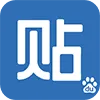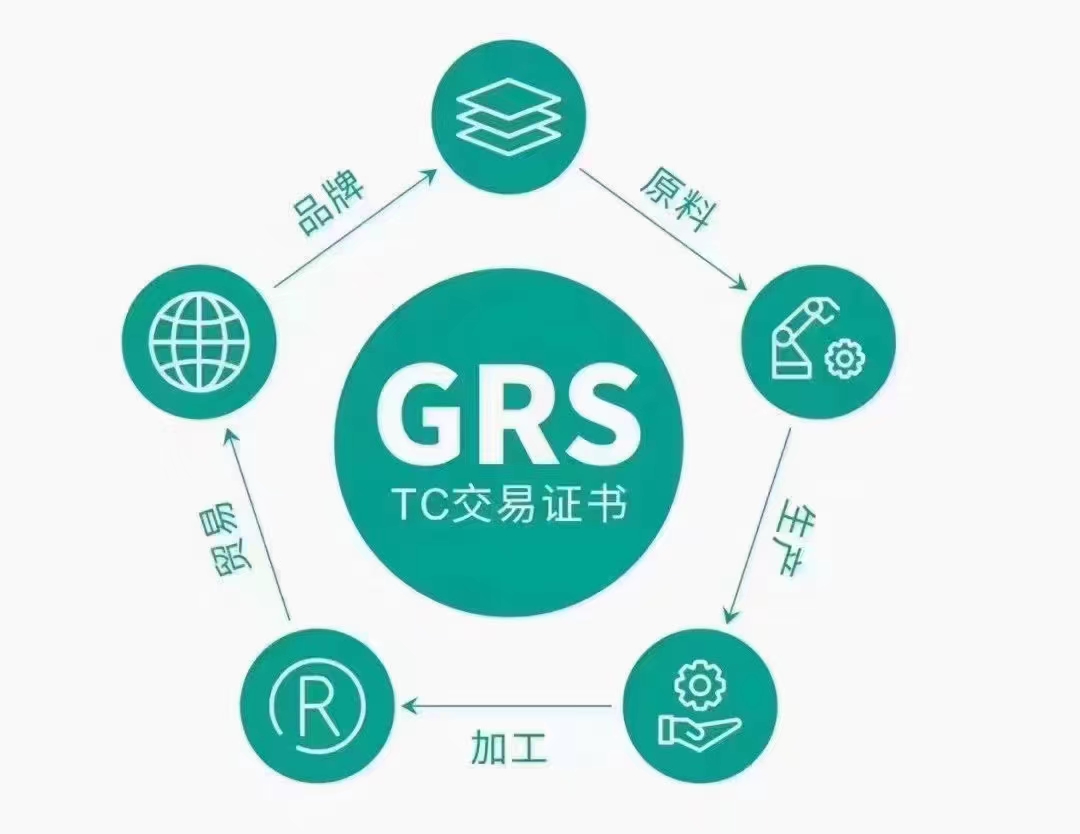有机GOTS认证辅导|GOTS7.0版要求被认证实体实施六个步骤的尽职调查流程
1.2 Scope and Structure1.2. 范围和结构
1.2.1 GOTS covers the processing, manufacturing, packaging, labelling, trading, and distribution of all textiles made from at least 70% certified organic natural fibres. The final product categories may include, but are not limited to, fibres, yarns, fabrics, garments, textile accessories (carried or worn), textile toys, home textiles, mattresses, beddings as well as personal care textile products, and Food Contact Textiles.
1.2.1. GOTS涵盖所有有机天然认证纤维成分含量不低于 70%的纺织品的加工、制造、包装、标识、贸易和分销活动。终产品可包括但不限于纤维、纱线、面料、服装、纺织类(携带或穿戴)饰品、纺织玩具、家用纺织品、床垫寝具、纺织类个人护理用品以及食品接触纺织品。
1.2.2 GOTS defines criteria for textile producers, manufacturers, B2B operators as well as textile chemicals.
1.2.2. GOTS明确了纺织品生产商、制造商、B2B运营商以及纺织化学品应遵循的准则。
1.2.3 GOTS entails mandatory requirements and indicates recommendations and permissions. While certain Sections (e.g. 4.3 Environmental Criteria, 4.4 Human Rights and Social Criteria, 2.2 Certification and
Auditing, 4.5 Governance Criteria) cover compliance requirements for the entire Certified Facility, some sections (e.g. 3 Material Input Requirements, 5 Product Technical Quality Criteria) contain product specific
criteria which is subject to certification. All GOTS criteria which are applicable to Certified Facilities shall be equally implemented at Subcontractors of the Certified Entities unless otherwise stated.
1.2.3. GOTS涵盖强制性要求,提出了建议和许可。虽然某些章节(例如第 4.3节(环境准则)、第4.4 节(人权与社会责任准则)、第 2.2节(认证和审核)、第4.5 节(治理准则)谈及整个认证场所应满足的合规要求,但以下章节(例如第 3 节(原料投入要求)以及第 5 节(产品技术质量准则)包含了须认证的产品特定的标准。除非另外规定,适用于认证设施的所有GOTS准则应在认证实体的分包商中平等执行。
1.2.4 The Certified Entity shall comply with local laws and regulations to ensure the legality of its business. The Certified Entity shall follow GOTS criteria or the local legal requirements, whichever affords higher
protection to people and the environment.
1.2.4. 被认证实体应遵守当地法律法规规定,以确保其经营的合法性。被认证实体应遵循GOTS或当地法律要求,两者之间以为人和环境提供更高保护水平的为准。
1.2.5 The Manual for the Implementation of GOTS provides further implementation-related details of GOTS criteria, therefore, it constitutes an integral part of GOTS.
1.2.5. 《GOTS实施手册》提供了更多关于GOTS实施的详细信息,因此《GOTS实施手册》是GOTS的重要组成部分。
1.2.6 As it is to date, technically nearly impossible to produce any textiles in an industrial way without the use of chemical Inputs, the approach is to define criteria for low impact and low residual natural and synthetic chemical Inputs (such as dyestuffs, auxiliaries, and finishes) accepted for textiles produced and labelled according to GOTS.
1.2.6. 鉴于当前纺织品的生产不可能不使用化学品的行业现状,对依据本标准生产和标识的纺织品所使用的投入物定义了准则——允许使用残留低、环境影响小且经过许可的天然投入物和合成化学品投入(如:染料、助剂和整理剂)。
1.2.7 GOTS Environmental, Social and Governance criteria reflect sector-specific risks of textile supply chains and are designed to enable effective due diligence for GOTS Certified Entities. GOTS requires Certified Entities to implement six steps due diligence process, as outlined in Section 4.1. Due Diligence Management Process.
1.2.7. GOTS的环境、社会和治理准则反映了纺织品供应链中的行业相关风险,制定这些准则的目的在于促进对GOTS被认证实体的有效尽职调查。GOTS要求被认证实体实施六个步骤的尽职调查流程,如第4.1.节尽职调查管理流程。
1.2.8 Certified Entities shall implement due diligence according to Section 4.1 and the relevant OECD guidance documents specified in the Manual for the Implementation of GOTS. Due diligence shall be preventative, dynamic, commensurate with risk (risk-based), informed by meaningful engagement with stakeholders, appropriate to Certified Entity’s circumstances, shall involve multiple processes and objectives, ensure ongoing communication, can involve risk-based prioritisation and shall not cause a shift of responsibilities.
1.2.8. 被认证实体应按照第4.1节以及《GOTS实施手册》规定的OECD相关指导文件实施尽职调查。 尽职调查应是预防性的、动态的、与风险相称的(基于风险的),并通过与利益相关方的有意义的接触了解情况,适合被认证实体的情况,尽职调查应涉及多个过程和目标,确保持续沟通,可涉及基于风险的优先级排序,不应导致责任转移。
1.2.9 GOTS sets criteria for working and social conditions that are equivalent to those of leading social sustainability standards.
1.2.9. GOTS制定的工作和社会条件准则与领先的社会可持续性标准的内容相当。
1.2.10 Since GOTS is also applied and monitored for entities in countries with developed and effectively applied social and labour legislation and collective agreements between employers and trade unions that conform with the universal standards of the International Labour Organisation (ILO), exceptions to monitoring, verification and audit requirements may be made. Conditions for making exceptions are defined in the Manual for the Implementation of GOTS.
1.2.10. 由于GOTS同样适用和监管那些在雇主和工会关于社会责任及劳动法方面具有先进、有效执行的国家的实体,如符合国际劳工组织(ILO)通用标准,对监管、核实和审核要求方面的豁免权可做相关规定。符合豁免的条件在《GOTS实施手册》中有明确定义。
























 18576401396
18576401396 




